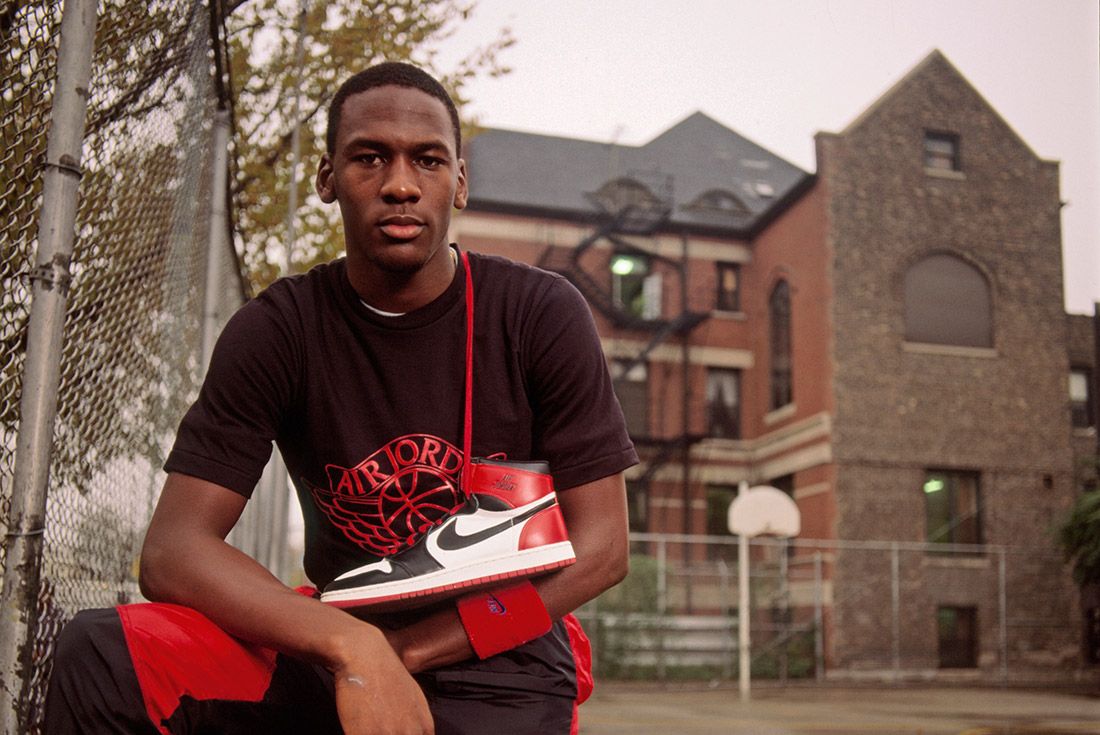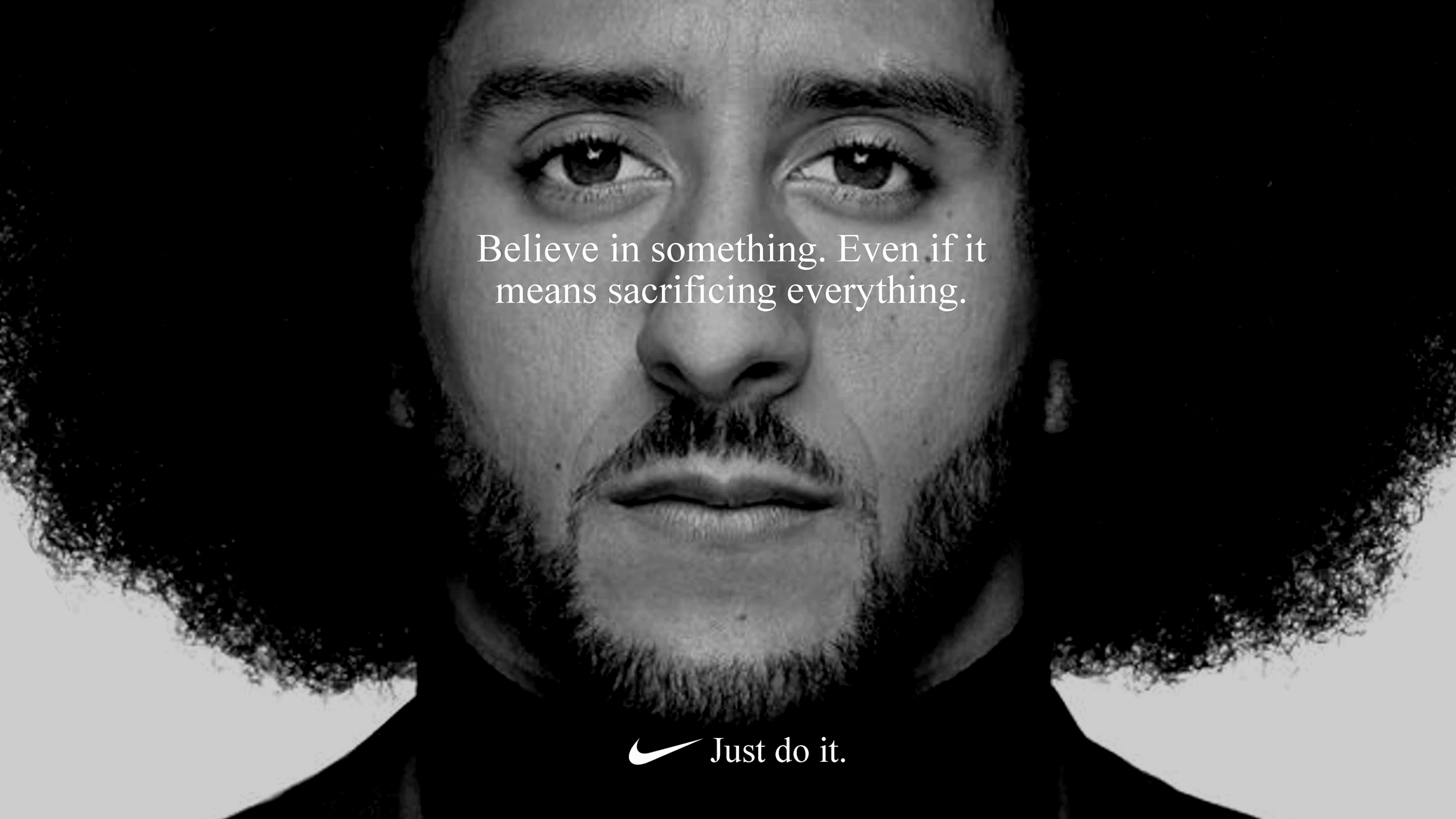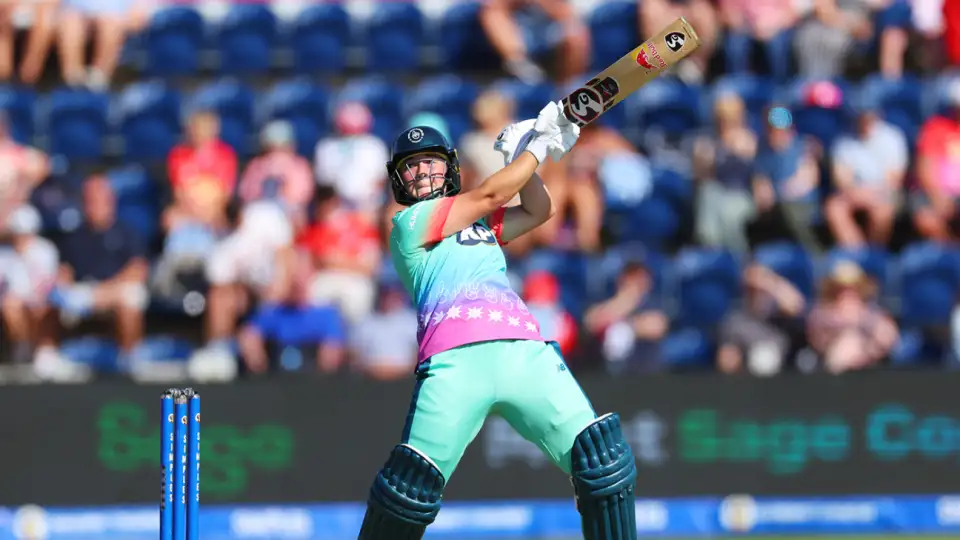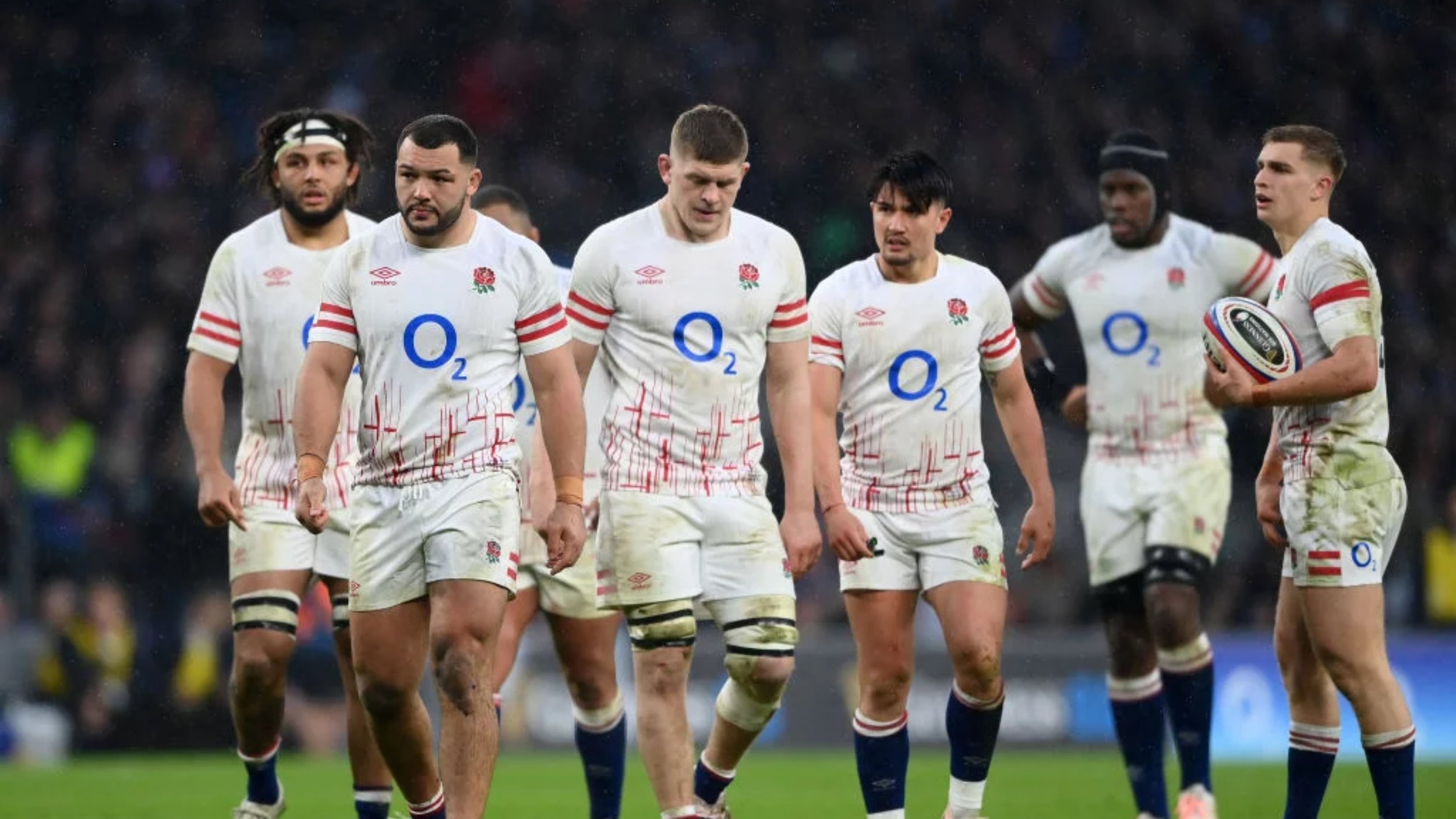Industry
Rugby
Client
Insights
What Can Rugby Learn From Other Sports?
English rugby has a problem. Fewer people are picking up the game, and its presence on TV struggles to compete with the dazzling options other sports offer. While football, cricket, and even American sports seem to thrive, rugby is stuck wondering how to capture the imagination of the next generation.
So, what’s gone wrong, and how can it change? Let’s look at some lessons from other sports that have successfully reinvented themselves to reach new audiences and remain relevant.
The Power of Players: Who Are Rugby’s Stars?
Think about the athletes who come to mind when you hear “global superstar.” David Beckham? Lionel Messi? Cristiano Ronaldo? These footballers aren't just players; they’re brands with global followings. They’ve transcended their sport and become cultural icons. How many rugby players can say the same?
David Beckham was a pioneer. He wasn’t just a footballer; he became a global ambassador for the game. His endorsements and fashion ventures connected him with audiences who might never have watched a match.
Ronaldo and Messi followed in his footsteps, but with the added firepower of social media. They’ve turned their online presence into marketing gold, engaging millions with just one post. Ronaldo’s CR7 brand and Messi’s partnerships with brands like Adidas go far beyond the pitch.
Even Jesse Lingard, who isn’t on the same level as Beckham or Ronaldo, has carved out his own space. With his JLINGZ fashion line and savvy use of his goal celebration as a brand logo, Lingard has shown that you don’t have to be the best player in the world to build a strong personal brand.
Rugby players, by comparison, often feel inaccessible. The game’s culture has traditionally valued humility over self-promotion. But is that humility holding rugby back? If more players were encouraged to build their personal brands and connect with fans beyond the field, could it bring rugby closer to the mainstream?
Where’s the Rugby Premier League?
Another major issue lies at the league level. In football, the Premier League isn’t just a competition; it’s a brand in itself. Fans follow the league as much as they follow individual teams. The Premier League’s appeal goes far beyond England, with broadcast deals and strategic marketing bringing in fans from all over the world.
Even in the US, leagues like the NBA and NHL have created identities that are bigger than the game itself. They package the sport as entertainment, with stories, drama, and spectacle baked into every season.
What’s rugby’s equivalent? Premiership Rugby struggles to make the same impact. Its branding feels flat, and its international presence is minimal. Could a stronger league identity, built on drama and spectacle, help rugby capture new audiences? Imagine if Premiership Rugby became a must-watch event, not just for die-hard fans, but for casual viewers too.
New Formats, New Fans: Can Rugby Follow Cricket’s Lead?
If there’s one sport that has proven the power of reinvention, it’s cricket. Twenty years ago, cricket was seen as slow and traditional. Then came T20 cricket, and later, The Hundred. Both formats condensed the game into shorter, faster-paced matches, perfect for modern attention spans.
The Indian Premier League (IPL) took things a step further, combining sport and entertainment in a way that feels more like a blockbuster movie than a sports tournament. Franchise teams, celebrity owners, and international stars have turned the IPL into a global phenomenon.
What could this look like for rugby? Shorter, more dynamic formats might attract younger audiences who find traditional matches too long or too complicated. Non-contact versions, already being piloted in schools, could help make the sport more accessible. Could rugby create its own T20 moment?
What’s Next for Rugby?
The challenges rugby faces aren’t unique, and they’re not insurmountable. Other sports have faced similar struggles and found ways to evolve. Rugby can too.
Imagine a future where rugby players are household names, where Premiership Rugby is a must-watch event, and where new formats bring fresh energy to the game. It’s not just about keeping up with other sports; it’s about carving out a space where rugby can thrive in a crowded market.
The question isn’t whether rugby can change. It’s whether the RFU and other governing bodies are ready to take the leap. What do you think? Is it time for rugby to rewrite its playbook?
More of our insights…

Untapped Revenue in Social

AI & Sports Marketing

Who Invested in Women’s Sports

2024: Top 10 Sponsorship Deals

Sponsor Beyond Logo Placements

Purpose-Driven Campaigns

AI Model Influencers

Social Commerce in Marketing

Hyper-Personal Sport Marketing

Stats in Womens Sport

Teams can get more from social

Creating good strategy

Why Relationships Matter

The Rise of Women’s Sports

Strategise Your Kit Launch

Key 2024/25 Kit Launch Trends

Why teams need sports agencies

How does Rugby change?